Being a Translator in Japan: An Interview with Louise Heal Kawai
How this Manchester lass went from teaching to Texas to translation
Born in the north of England, Louise Heal Kawai has made a name for herself translating some of Japan's most popular contemporary literature. Here she tells us about life as a busy working mom and what it's like to collaborate with literary icons.
A translator of Japanese literature into English, Louise Heal Kawai originally comes from Manchester in the north of the UK, has lived in Texas and Nagoya, and now calls Yokohama home.
Her translation of Seventeen by Hideo Yokoyama was a finalist in the 2018 Believer Book Awards and longlisted for the 2019 Best Translated Book Award. Her next translation, the classic Japanese mystery The Honjin Murders by Seishi Yokomizo (featuring Detective Kindaichi) will be released in December 2019.
Savvy Tokyo caught up with Louise to find out more about her journey from teaching English and speaking zero Japanese to meeting famous authors and being nominated for translation awards.
What initially brought you to Japan?
I live in Yokohama, but I’ve only been in the Kanto area for four years. Before that, I spent around 20 years in Nagoya. I first came to Japan to teach English at a university in Nagoya, but after getting married I have followed my husband’s job transfers to Texas — and now to Yokohama.
What attracted you to translation as a career?
I’ve loved translating ever since secondary school in the UK (what would be a middle school in the US) where I studied French, German, and also Latin. Translating pieces into English was my absolute favorite part of the class, and by the time I was in university, I loved to read French and German literature.
However, career-wise, I started off as a teacher of English as a foreign language. It wasn’t until I decided to do an M.A. in Japanese Studies — and thoroughly enjoyed the translation and literature components of the course — that I began to feel that love of translation again.
A couple of years later I had to give up my teaching job when I moved to Texas with my family and translating was a perfect career that I could do from home with a small baby. I applied for some jobs, took a test, and my literature translation career was launched in, of all unlikely places, Fort Worth, Texas.
[…]translating was a perfect career that I could do from home with a small baby.
What does a day in the life of a translator look like?
I’m afraid this is not exactly glamorous. Once the other family members have left for work and school, the apartment becomes my office. I’ll normally work at my desk, but sometimes when I want a change of scenery I’ll move to the dining table where I have a view over the sea. When it’s cold I have been known to work tucked up in bed!
When I have a novel to translate I have worked out ahead of time how many Japanese characters I need to translate per day, and so I start with that goal in mind. I’ll try to work with a break for lunch or ideally to go and get some exercise (hours a day sitting at a desk is not good for the health). I normally have to stop to get dinner for the family, then if I’m lucky I’ll get a few more hours of work done in the evening. Weekends are usually not off for me, especially before deadlines, so sometimes it’s hard to balance work and recreation.
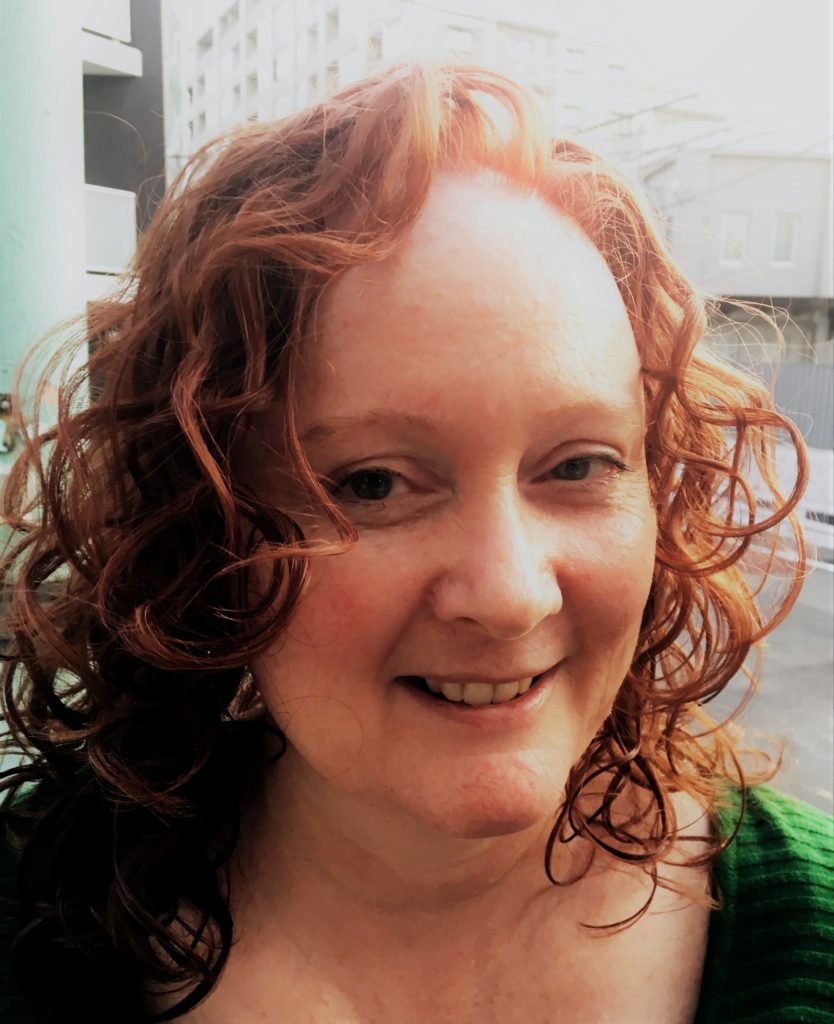
Louise Heal Kawai.
Do you have a close relationship with the writers you translate for?
That’s a very interesting question. On the whole, the answer is no. At the beginning of my career, I lived in Texas and then later in Nagoya. The only way to communicate with authors was through email. And often Japanese publishers are protective of their authors’ privacy, so many times these emails had to go through them. I would really like to have had closer relationships than I was able to.
That said, Shoko Tendo, author of Yakuza Moon, was happy to meet with me when I was visiting Tokyo. That was a wonderful experience as she is quite an amazing woman who has had a fascinating life. I have also met Mieko Kawakami, author of Ms. Ice Sandwich, who worked with me on the translation of another of her pieces. I had dinner with Soji Shimada recently after the publication of Murder in the Crooked House. He’s a charming man.
Meeting authors this way and participating in literary events has become much more possible since I moved to the Kanto area, so things have changed a lot for me in the last four years.
I should also mention that three of the authors I’ve translated are already deceased, so absolutely no chance of getting to know them, or of asking questions. I’m currently working on The Honjin Murders by Seishi Yokomizo and have so many things I’d have loved to ask him, but he passed away in 1981 so I will have to work it out for myself.
What are you most proud of?
My adorable, sweet-natured son. But I’m sure you meant career-wise! It’s hard to choose one of my translations over another. Seventeen by Hideo Yokoyama was listed for two literary prizes recently, so that was a great source of pride for me, but I love other things I’ve translated just as much. I think I would have to say the fact that I came to Japan 25 years ago with no Japanese ability whatsoever and through studying, and a lot of learning from mistakes, I have reached the point where I can translate Japanese literature as a career.
Wow! Honoured to be nominated on this list of brilliant translators and authors. What company to be in. https://t.co/XcTyeWUG5s
— Louise HK (@quietmoonwave17) April 10, 2019
What do you wish people knew about translation as a career?
First of all, how rewarding it is creatively. The satisfaction of knowing that you were responsible for bringing a work of fiction to the English-speaking world. There’s nothing quite like holding a book in your hand that has your name on it.
Sadly though, literary translation doesn’t pay well. I don’t think there are many (any?) people who make a living solely off translating literature (please correct me in the comments if I’m wrong!). Business translation/interpreting rates are much higher, and there are many people who make a good living as a translator in the commercial field, but most literary translators are doing other kinds of work as well. Many are full-time university professors or commercial translators who do literature part-time because they love it.
Although it may be obvious, I feel I should mention that direct translation is not going to work in literary translation. No matter how good your Japanese is, capturing the spirit and intention of the words is more important than a literal translation. The human touch is essential. Machine translation such as Google Translate is very, VERY far from replacing humans in this field.
Machine translation such as Google Translate is very, VERY far from replacing humans in this field.
What was your biggest culture shock when you originally moved to Japan?
It’s very hard to remember the culture shock now as it was so long ago, but I cringe sometimes to think how much I must have offended everyone at the beginning!
I remember I had a homestay and never put my futon away in the morning because it didn’t occur to me that it wasn’t kept permanently on the floor, I refused to take a bath at night, and I went sleeveless and bare-legged in summer. I’m glad the pressure on women to wear stockings year-round is no longer a thing. Or maybe I just got older and don’t care so much anymore what people think!
But absolutely the most difficult thing to get used to was suddenly becoming illiterate. Not being able to read any signs when walking down the street, menus in restaurants or understand the contents of meetings was a great impetus to start studying Japanese seriously.
Not being able to read any signs when walking down the street, menus in restaurants or understand the contents of meetings was a great impetus to start studying Japanese seriously.
Do you ever miss the UK?
Yes, although it has been a long time since I’ve lived in the UK, I do miss the scenery of the countryside – the beautiful cities, the cool summer weather. I miss English language theatre and film, too; the bookshops full of English language novels or being able to walk into a library and it be full of English language fiction and non-fiction that I can borrow.
Oh and I dream of real scones with clotted cream and raspberry jam! (Laughs) On reflection, it seems that I miss a lot, but there is also much that I love about Japan.
If you could recommend one piece of Japanese literature for people to read, what would it be?
Ah, so hard to decide on one. One of my favorites is a novel that somehow manages to be charming and at the same time shed light on a dark aspect of Japan’s history that is not often talked about. It’s called Sweet Bean Paste by Durian Sukegawa, translated by Alison Watts, and I would recommend anyone familiar with or interested in Japan to read it.
Translator Jobs in Japan
If you are looking for a place to start out as a translator or already have some translating work under your belt, have a look at these translator job postings in Japan.
Savvy Spotlight is a monthly feature introducing foreign and Japanese women at the frontline of what’s successful, contributing, cool, unique and interesting in the city. If you have anyone in mind you would like us to interview, leave us a comment below with your recommendations!





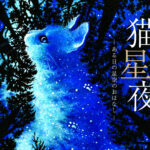






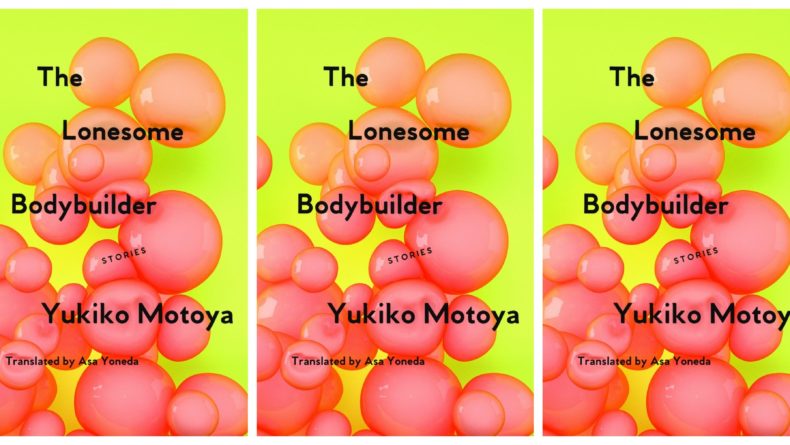
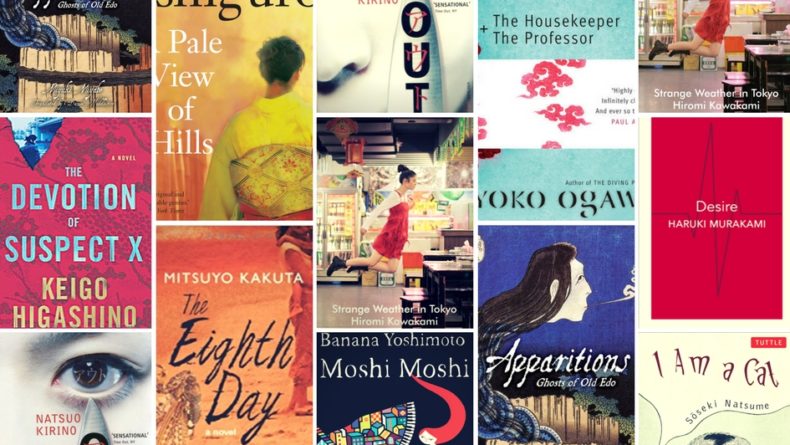
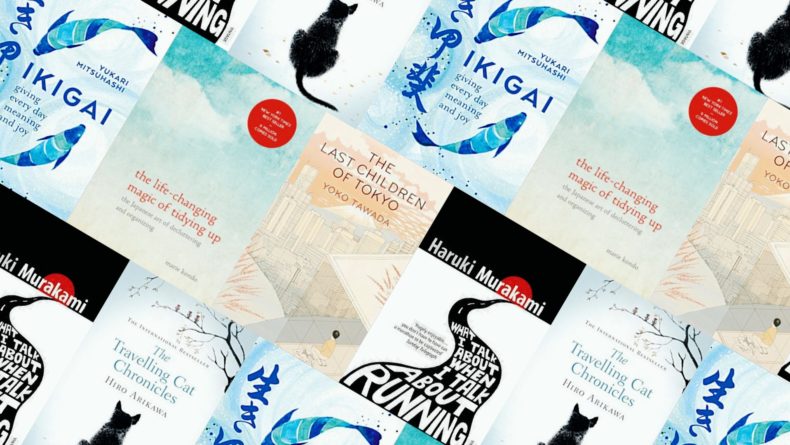
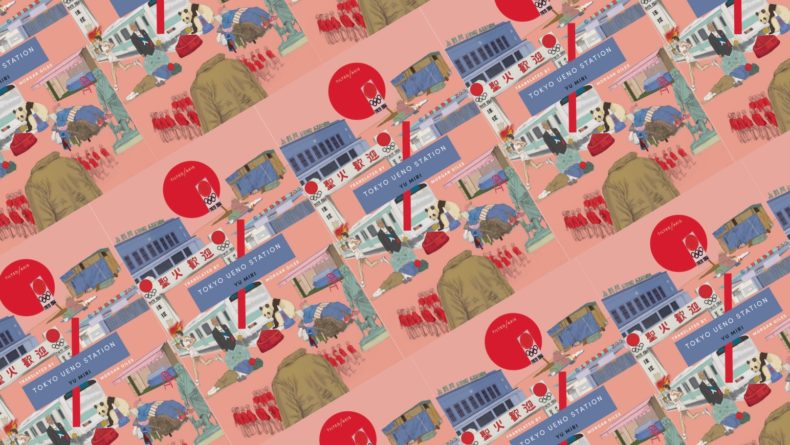
Leave a Reply